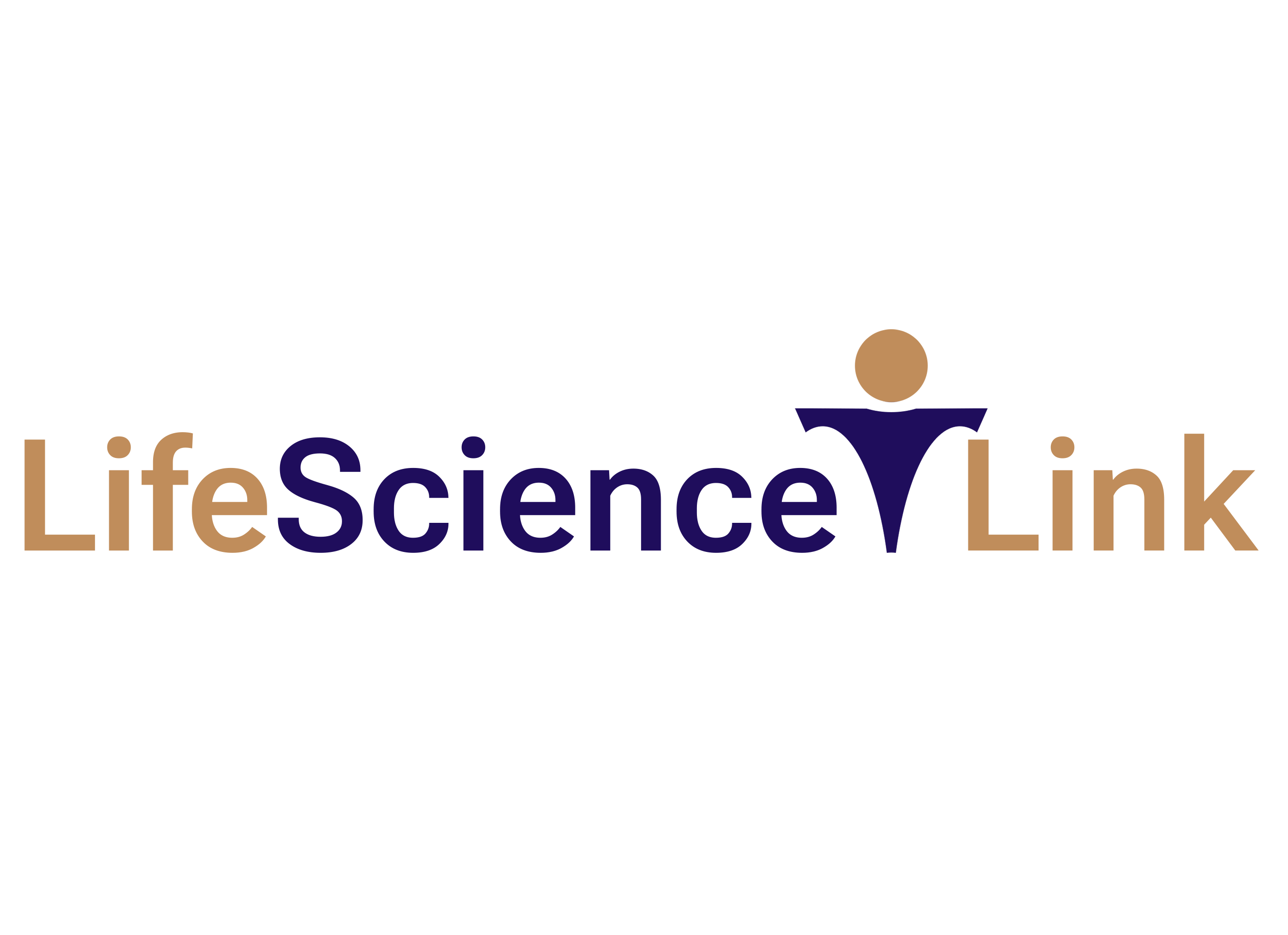Attention to Detail in Life Sciences
Where Precision Meets Purpose
Imagine a clinical trial where a single misplaced decimal point in a dosage calculation leads to a patient’s adverse reaction. In life sciences, attention to detail isn’t just a desirable trait—it’s a matter of life and death. The stakes are high, whether you’re monitoring patient safety, documenting experimental results, compiling regulatory submissions, or running diagnostic assays. Precision is the foundation of trust, and attention to detail is the skill that upholds it.


Why It Matters in Life Sciences
The life sciences industry operates in highly regulated environments, where compliance and accuracy are rigorously enforced. Every process—from research and development to manufacturing and pharmacovigilance—relies on consistency, traceability, and thorough documentation. In this context, attention to detail ensures:
- Data integrity in research and clinical trials: A single error in data entry can invalidate years of research.
- Consistency across quality assurance protocols: Inconsistent procedures can lead to product recalls or regulatory fines.
- Regulatory compliance in submissions and audits: Incomplete submissions can delay approvals by months.
- Safety and efficacy in drug development and delivery: A missed step in a protocol can compromise patient safety.
Failure to maintain precision can lead to rework, regulatory sanctions, or compromised patient outcomes. For example, in 2019, a major pharmaceutical company faced a $1.2 billion fine due to inaccurate labeling on a drug product. On the other hand, meticulous professionals help organizations move confidently from discovery to delivery.
What Attention to Detail Looks Like
Attention to detail manifests in the ability to follow protocols precisely, spot inconsistencies early, and document work in a clear and reproducible way. It’s the research assistant who double-checks reagent labels before running an assay, preventing a costly mistake. It’s the CRA who ensures that every patient visit is logged according to ICH-GCP, maintaining trial integrity. It’s the regulatory associate who proofreads a submission package line by line to ensure compliance, avoiding delays in approval.
This skill also involves a mindset: being present, methodical, and committed to excellence—even under pressure or when tasks appear repetitive. It’s about treating every detail as if it matters, because in life sciences, it does. Consider a scenario where a lab technician notices a slight discrepancy in a batch of samples. By investigating and correcting the issue, they prevent a potential recall, saving the company millions.
For CandidatesHow to Show It
Employers want to know they can trust you with critical information and processes. You can demonstrate your attention to detail by:
- Sharing examples of how you’ve caught errors or prevented compliance issues. For instance, describe a time when you identified a discrepancy in a dataset that others missed.
- Describing how you manage documentation or QC responsibilities. Mention specific tools or methods you use, like checklists or double-verification processes.
- Highlighting experience in regulated environments or with SOP-driven work. Emphasize your familiarity with industry standards and your track record of compliance.
Even in interviews, small things—like how you format your CV or follow up with precision—can reflect your eye for detail. Consider creating a portfolio of error-free work samples or discussing how you maintain accuracy under tight deadlines.
For EmployersHiring for Quality & Compliance
Bringing in professionals who exhibit strong attention to detail helps ensure your teams meet high-quality standards, pass inspections, and deliver reliable results. These individuals:
- Reduce the risk of human error, which can cost the industry an estimated $35 billion annually in rework and delays.
- Strengthen data credibility, building trust with regulators and stakeholders.
- Improve audit-readiness and regulatory success, with detail-oriented teams 40% more likely to pass inspections on the first try.
- Support a culture of accountability and excellence, fostering a reputation for precision.
When hiring, probe beyond task completion and look for signs of conscientiousness, accuracy, and pride in precision. Ask candidates how they handle repetitive tasks, review their own work, or manage detailed documentation. A hiring manager at a leading biotech firm notes, “We look for candidates who not only get the job done but do so with an obsessive focus on accuracy.”
LifeScience-Link’s Perspective
At LifeScience-Link, we understand that breakthroughs depend not just on big ideas—but on the careful execution of small, repeatable actions. That’s why we assess not only a candidate’s qualifications but also their mindset and diligence. We help our clients find professionals who take accuracy seriously—those who bring rigor to every task, from the lab bench to the boardroom. Our recruitment process includes targeted questions and reference checks to ensure candidates have a proven track record of precision.
